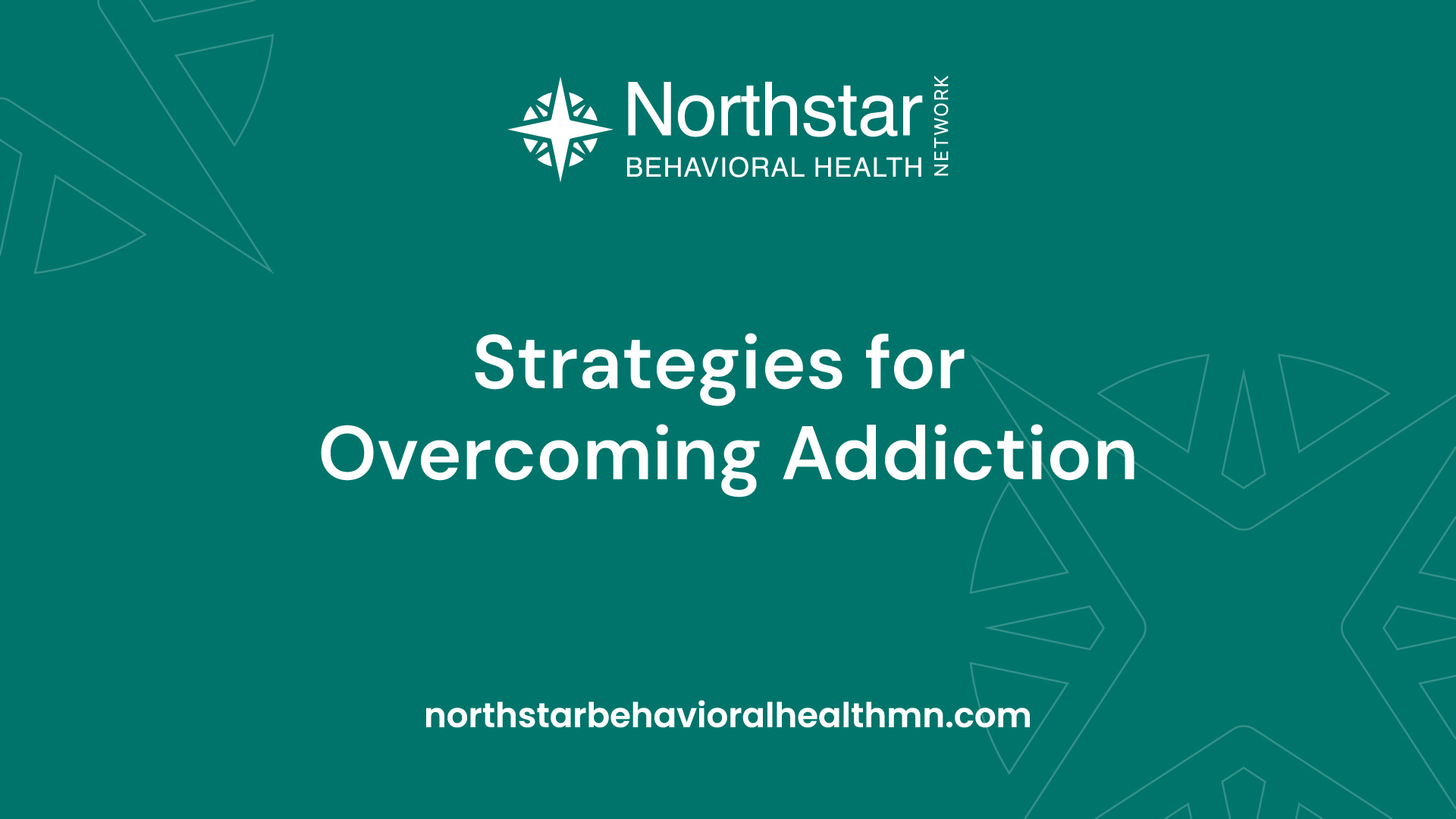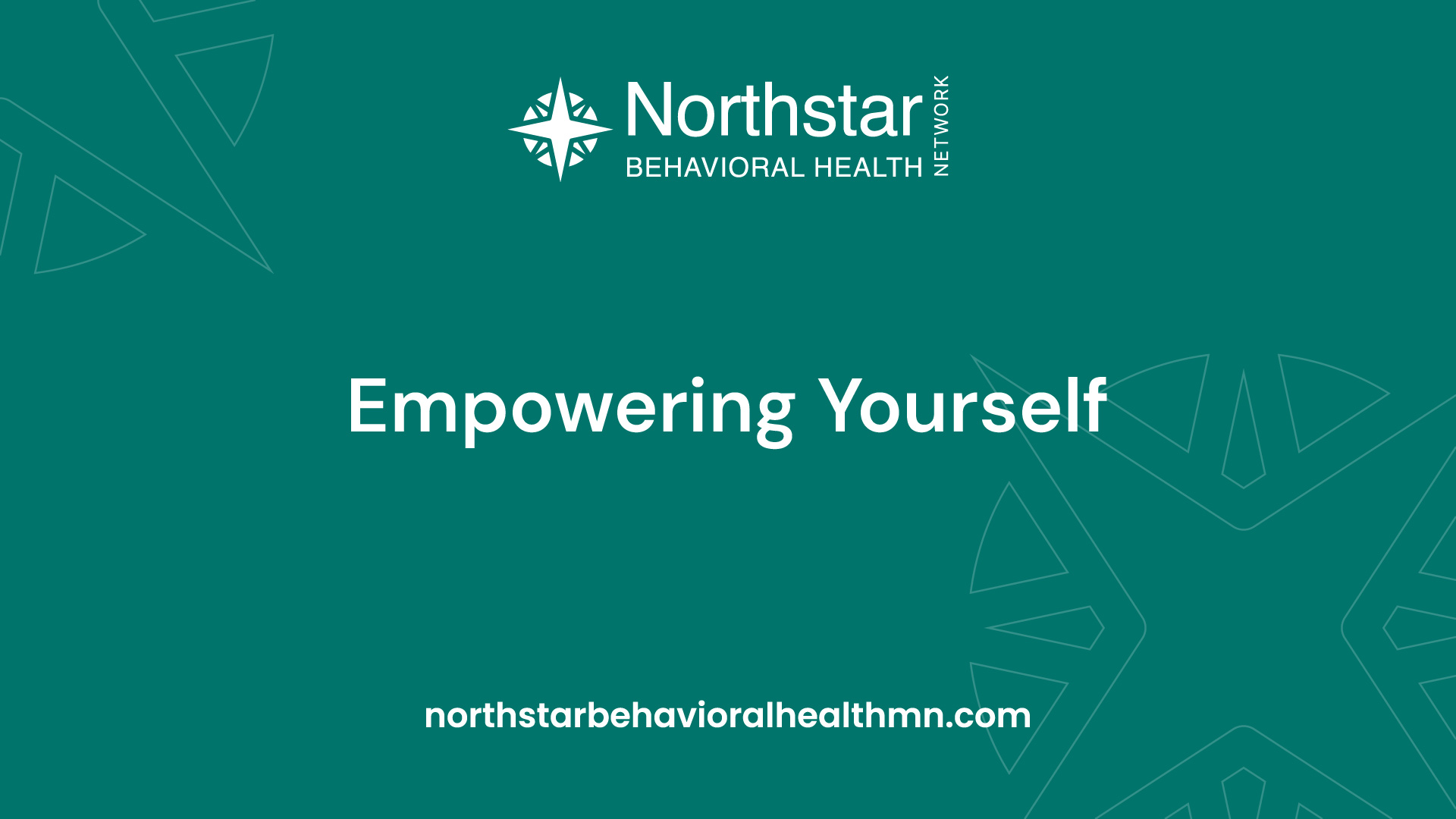August 27, 2024
How Three Celebrities Triumphed Over Addiction
Discover how three celebrities triumphed over addiction and learn how you can too!


The Path to Triumph Over Addiction
Recovering from addiction is a challenging journey that requires immense strength and determination. Understanding the journey to recovery and the importance of role models can provide valuable insights and inspiration for those seeking to overcome addiction.
Understanding the Journey to Recovery
The path to triumph over addiction is unique for each individual. It involves a series of steps, including acknowledging the problem, seeking help, and making necessary changes to achieve a healthier and more fulfilling life.
Recovery is not a linear process but rather a lifelong commitment. It requires addressing the physical, emotional, and psychological aspects of addiction. While overcoming addiction can be difficult, it is important to remember that it is possible. Many individuals have successfully conquered addiction and gone on to lead fulfilling lives.
Importance of Role Models
Role models play a crucial role in the recovery process. They provide inspiration, guidance, and hope for those struggling with addiction. By observing the journeys of others who have triumphed over addiction, individuals can gain the confidence and motivation needed to embark on their own path to recovery.
Celebrity stories of triumph over addiction can serve as powerful role models. These stories demonstrate that addiction does not discriminate and that anyone can overcome it with the right support and determination. By learning from the experiences of others, individuals can gain valuable insights into the challenges they may face and the strategies that can help them succeed.
By examining the stories of three celebrities who have conquered addiction, we can gain a deeper understanding of the journey to recovery and find inspiration in their triumphs.
Celebrity Stories of Triumph

In the journey to overcome addiction, it can be inspiring to look to the stories of celebrities who have triumphed over their own struggles. Here, we will explore three celebrity stories of triumph, highlighting their unique paths to recovery and the lessons we can learn from their experiences.
Robert Downey Jr.: Overcoming Challenges
Demi Lovato: Finding Strength in Vulnerability
Eminem (Marshall Mathers): Turning Setbacks into Comebacks
By exploring these celebrity stories of triumph, we can draw inspiration and hope for our own journey to recovery. Each story highlights the importance of seeking help, embracing vulnerability, and staying resilient in the face of challenges. Remember, if these three celebrities conquered addiction, you can too.
For more information and resources on addiction recovery, visit our articles on is there a difference between a slip and a relapse? and can motivational interviewing help an addict who is willing to embrace recovery?.
Lessons Learned
When exploring the triumph over addiction, the stories of celebrities who have overcome their struggles can provide valuable insights and inspiration. By examining common themes in celebrity recovery stories and understanding strategies for overcoming addiction, individuals on their own journey to recovery can find hope and guidance.
Common Themes in Celebrity Recovery Stories

While every individual's recovery journey is unique, there are some common themes that emerge from the stories of celebrities who have conquered addiction. These themes include:
- Acknowledging the problem: One recurring theme is the importance of recognizing and acknowledging the presence of addiction. This self-awareness is often a crucial first step towards recovery.
- Seeking professional help: Many celebrities emphasize the significance of seeking professional assistance in their recovery process. This can involve engaging with therapists, counselors, or addiction specialists who can provide the necessary guidance and support.
- Building a strong support system: Establishing a strong support network is another common element in celebrity recovery stories. This network may include family, friends, support groups, or fellow individuals in recovery who can provide encouragement and accountability.
- Adopting healthy coping mechanisms: Celebrities often highlight the importance of replacing unhealthy coping mechanisms with healthier alternatives. This may involve engaging in activities such as exercise, meditation, creative outlets, or pursuing new hobbies.
- Focusing on self-care: Prioritizing self-care is a crucial aspect of recovery. Celebrities often emphasize the significance of taking care of one's physical, emotional, and mental well-being during the recovery process.
By recognizing these common themes, individuals can gain insights into the strategies and approaches that have been effective for others in their journey towards triumph over addiction.
Strategies for Overcoming Addiction

While each person's path to recovery is unique, there are various strategies that can be helpful in overcoming addiction. Some of these strategies include:
- Setting clear goals: Establishing clear and realistic goals can provide a sense of direction and motivation during the recovery process. These goals may include achieving sobriety, improving physical health, rebuilding relationships, or pursuing personal and professional aspirations.
- Seeking professional treatment: Engaging in professional treatment programs, such as counseling, therapy, or rehabilitation centers, can provide individuals with the necessary tools and support to overcome addiction. These programs often provide a structured and supportive environment for recovery.
- Utilizing support networks: Building a strong support network is vital in the recovery journey. This can involve seeking support from friends, family, support groups, or addiction recovery communities. These networks can provide encouragement, accountability, and guidance throughout the recovery process.
- Developing healthy coping mechanisms: Finding healthy ways to cope with stress, triggers, and cravings is crucial in maintaining long-term recovery. This may involve adopting techniques such as mindfulness, exercise, journaling, or engaging in creative outlets.
- Making lifestyle changes: In many cases, making positive lifestyle changes can contribute to the success of recovery. This may include adopting a healthier diet, incorporating regular exercise, practicing good sleep hygiene, and reducing exposure to triggers or toxic environments.
- Continuing education and self-improvement: Engaging in ongoing education and self-improvement can support the recovery process. This may involve attending support group meetings, participating in therapy or counseling sessions, reading self-help books, or exploring new interests and hobbies.
By implementing these strategies and utilizing the lessons learned from the stories of celebrities who have triumphed over addiction, individuals can increase their chances of achieving lasting recovery and reclaiming their lives.
Your Own Journey to Recovery
Embarking on the path to recovery from addiction can be a challenging yet transformative experience. Just like the celebrities who have triumphed over their own struggles, you too can conquer addiction and build a healthier, happier life. In this section, we will explore two important aspects of your personal journey to recovery: acknowledging progress and seeking support and resources.
Acknowledging Progress
During your recovery journey, it's essential to acknowledge and celebrate every step forward, no matter how small. Recovery is not always a linear process, and setbacks or relapses may occur. However, it's important to remember that slips or relapses do not define your journey. What matters most is your commitment to getting back on track and continuing to make progress.
Take time to reflect on your achievements, no matter how minor they may seem. Whether it's completing a week or a month of sobriety, resisting triggers, or making positive changes in your life, each accomplishment is a step in the right direction. By acknowledging your progress, you can boost your confidence and motivation, reinforcing your determination to overcome addiction.
Seeking Support and Resources
Recovery is not a journey that you have to navigate alone. Seek out the support and resources available to you to increase your chances of success. There are numerous options to consider:
- Support Groups: Joining a support group, such as Alcoholics Anonymous (AA) or Narcotics Anonymous (NA), provides a safe and non-judgmental space to share experiences, gain valuable insights, and connect with others who are on a similar path. These groups offer a sense of community, encouragement, and accountability.
- Therapy: Individual therapy or counseling can be immensely beneficial in addressing the underlying causes of addiction, developing coping strategies, and building resilience. Therapists can provide guidance, support, and tools to help you navigate the challenges that arise during recovery. Consider exploring different therapeutic approaches, such as cognitive-behavioral therapy (CBT), motivational interviewing, or dialectical behavior therapy (DBT).
- Treatment Programs: Depending on the severity of your addiction, residential or outpatient treatment programs may be appropriate. These programs offer a structured environment, professional guidance, and a range of therapeutic interventions to support your recovery journey. Consider consulting healthcare professionals or addiction specialists to determine the most suitable treatment option for your needs.
- Online Resources: The internet provides a wealth of resources and information related to addiction recovery. Online forums, educational websites, and virtual support groups can offer guidance, inspiration, and strategies for overcoming challenges. However, it's important to ensure that the information and resources you access are from reputable sources.
Remember, seeking support is not a sign of weakness; it is a testament to your strength and commitment to reclaiming your life. Don't hesitate to lean on the support of others who understand what you're going through. For more information on available resources and interventions, consider visiting our article on can motivational interviewing help an addict who is willing to embrace recovery?.
Recovery is a personal journey, and the path may differ for each individual. Embrace the progress you make, no matter how small, and don't be afraid to reach out for support. By acknowledging and celebrating your achievements and seeking the help and resources available to you, you can empower yourself on the path to lasting recovery.
Empowering Yourself

When it comes to overcoming addiction, empowering yourself is crucial for your journey to recovery. By setting realistic goals and celebrating small victories along the way, you can build momentum and stay motivated on your path to lasting change.
Setting Realistic Goals
Setting realistic goals is an important part of empowering yourself during addiction recovery. It's essential to establish achievable objectives that align with your personal circumstances and aspirations. Here are some tips for setting realistic goals:
- Be Specific: Clearly define what you want to achieve. Whether it's reducing substance use, maintaining sobriety for a certain period, or improving your overall well-being, specificity helps you stay focused.
- Break It Down: Divide your larger goals into smaller, manageable steps. This allows you to track your progress and experience a sense of accomplishment along the way.
- Consider Timeframes: Set timeframes for each goal to create a sense of urgency and provide a structure for your efforts. Ensure that the timeframes are realistic and flexible enough to accommodate unforeseen challenges.
- Stay Flexible: Recognize that setbacks and obstacles are a normal part of the recovery process. Adjust your goals as needed and be kind to yourself when facing difficulties.
Remember, the journey to recovery is unique to each individual. By setting realistic goals that are tailored to your needs, you can establish a clear path forward and feel empowered to take control of your addiction. For more information on addiction recovery strategies, check out our article on is there a difference between a slip and a relapse?.
Celebrating Small Victories
Celebrating small victories is a powerful way to boost your motivation and reinforce positive behaviors during addiction recovery. Recognizing and acknowledging your progress, no matter how small, can provide a tremendous sense of accomplishment and fuel your determination to continue moving forward. Here are some ways to celebrate small victories:
- Reflect and Appreciate: Take a moment to reflect on your achievements, no matter how insignificant they may seem. Acknowledge the effort and commitment you put into making positive changes in your life.
- Reward Yourself: Treat yourself to something you enjoy as a reward for reaching a milestone or accomplishing a goal. It could be a small indulgence, a relaxing activity, or spending time with loved ones who support your recovery journey.
- Share Your Success: Share your accomplishments with a supportive network of friends, family, or a support group. Celebrating your victories with others who understand the challenges of addiction can provide a sense of community and encouragement.
By celebrating the small victories along your path to recovery, you reinforce positive habits and build resilience. Remember, every step forward is a triumph, and it is essential to acknowledge and appreciate your progress. For additional guidance and resources, check out our article on can motivational interviewing help an addict who is willing to embrace recovery?.
Empowering yourself through realistic goal-setting and celebrating small victories can make a significant difference in your addiction recovery journey. Be patient, stay committed, and believe in your ability to conquer addiction, just as these three celebrities triumphed over their own challenges.

.jpg)




.jpg)

